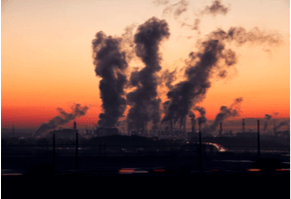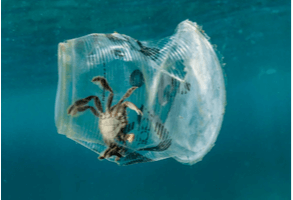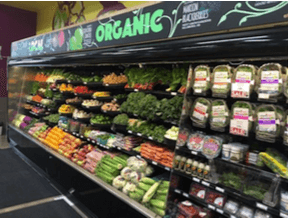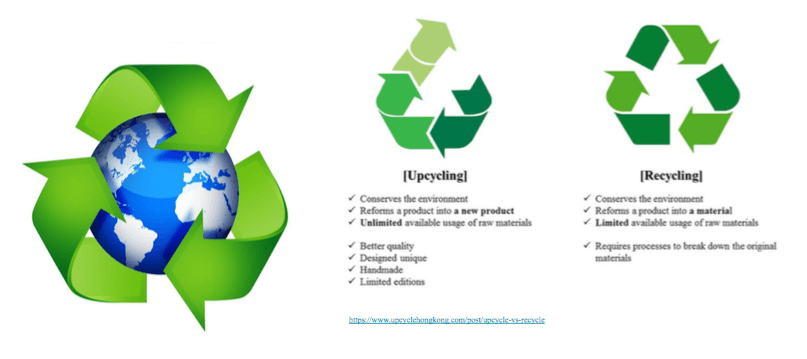by Martina Bulgarelli
We are always worrying about our jobs and the food we eat, but we never ask ourselves: what would happen if these privileges eventually vanished? We all know that pollution could have a strong impact on this disappearance, so how can we prevent it? It might seem a task too big for a single person but even small things, if done by many people, can produce big changes.
Recently, plastic production has risen exponentially, and this type of material is now used in packaging, bottles, straws, phones and many other objects and utensils. In fact, since the 1950s about 8.3 billion tons of plastic have been produced. This is the weight of roughly a billion elephants, according to an article published June 8, 2018 by Greenpeace International. Take the case of Starbucks, one of the leading companies of beverages worldwide, produces 4 billion coffee cups each year. Luckily, plastic can be recycled and with a little help from the consumers it will be possible to separate, collect and reuse the same material without having to produce even more. At home, in my small village recycling plastic is mandatory. Each family has a separate bin and once a week the recycling truck comes and collects it door to door. For me and my family members it is an easy task to separate this material from other non-recyclable items. If everyone does this there will most likely be a positive impact. In fact, according to Roadrunner1, recycling fifty plastic bottles saves enough energy to power 127.1 hours of a laptop. Reusing this material can also save up landfill precious space. According to TreeHugger2, recycling one ton of plastic saves 7.4 cubic yards of landfill space. But there is much more we can do to help the environment.



Secondly, being a conscious consumer is a skill we all must perfect. When we roam around the aisle in a supermarket, we should consider not only how something tastes but also the way and where it is produced and packaged. Buying organic products encourages local farms to maintain sustainable production standards. Therefore, a simple action that can help reduce pollution is to stop buying products that come from very distant countries, thus reducing transportation costs and carbon print. Furthermore, organic farms cannot use pesticides and chemicals that would drastically damage and leave toxic residues that we might end up eating. Another aspect that we should consider is the product packaging and always prefer paper wrappings rather than plastic ones. When possible we should buy spare fruit and vegetables, this will definitely reduce the amount of materials used in the production process and encourage companies that choose greener solutions.
As explained, there are different things we can do in order to try to make our world a healthier and better place, recycling plastic and choosing wisely the products that we buy on a regular basis, can really make a difference, a positive one. It might seem a small step for a single human being, but it would shape the direction for the future of humanity.
